WASHINGTON (Army News Service, Nov. 20, 2009) -- Native American contributions to U.S. war efforts have long been part of military history and commands across the Army are recognizing this during National Native American Heritage Month.
For instance, Navajo code talkers sent undecipherable messages that confused the enemy and helped secure victory in the Pacific during World War II, said Dr. Mary Ann Jacobs, assistant professor and chair of American Indian Studies at the University of North Carolina at Pembroke, N.C. She spoke Nov. 18 at a Native American Heritage observance at Fort Bragg, N.C.
Native Americans, said Jacobs, have historically joined the military because "they felt a responsibility to protect their people and their lands."
From fighting in the Confederacy to service beyond Korea and Vietnam, Native Americans have served in the military, even when they were not recognized as U.S. citizens, she said.
The Joint Base Myer-Henderson Hall community near the Pentagon also celebrated Native American Indian Heritage Month Nov. 18 with guest speaker Red Hawk, a Cherokee Indian and motivational speaker from North Carolina. Red Hawk is the author of "A Course in Diversity" and "The Tao of an Indian."
"Diversity is not just about our differences," Red Hawk said. "It's about our similarities as well. You cannot teach diversity without teaching the concept of how we are different and similar at the same time."
"Diversity is a dynamic that occurs when culturally determined ways of thinking are present and felt."
Back at Fort Bragg, Garrison Commander Col. Stephen Sicinski said that Native Americans have taught the military valuable lessons such as how to care for the environment.
"Tribal America has brought to this great country certain values and ideas that have become ingrained in the fabric of the American spirit," Sicinski said. "The knowledge that humans can thrive and prosper without destroying the natural environment and the understanding that people from different backgrounds, cultures, religions and ethnicities can come together to build a great country."
"We, here at Fort Bragg, have a long and well-documented history of living this belief. On a daily basis, we work to protect our environment. Soldiers can learn from it, work and play in it and pass it to our next generation. We understand that our environment is unique and irreplaceable."
(Tina Ray writes for the Paraglide newspaper at Fort Bragg and Christina Mennella writes for the Pentagram newspaper.)
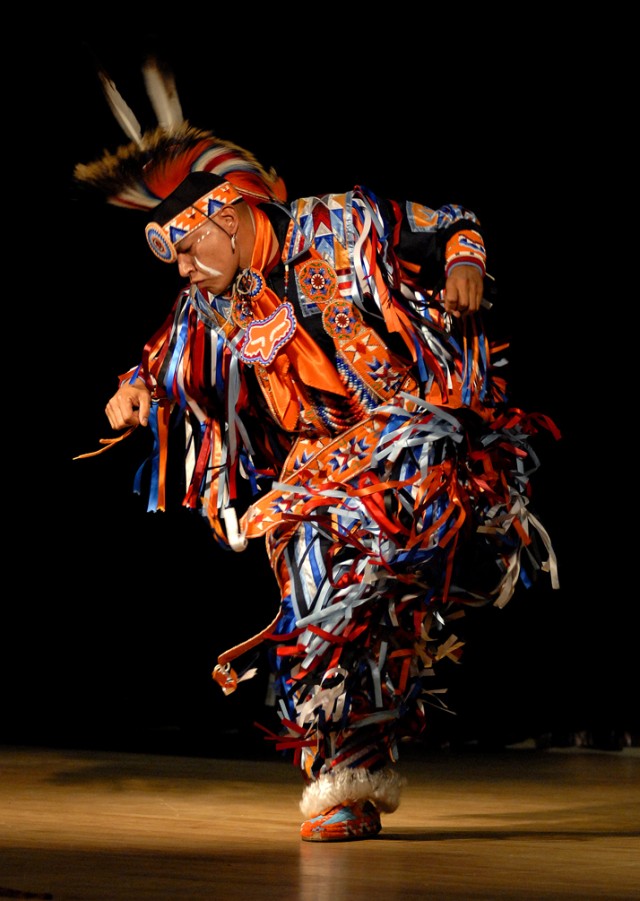
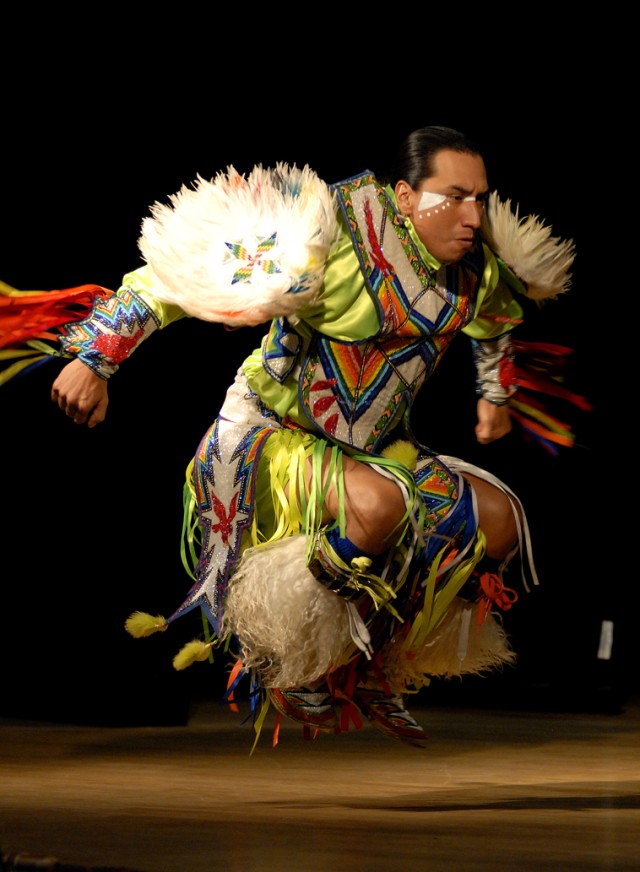
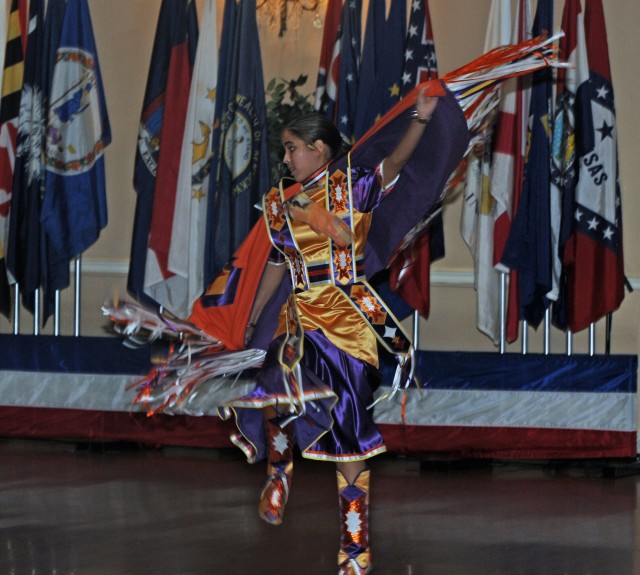
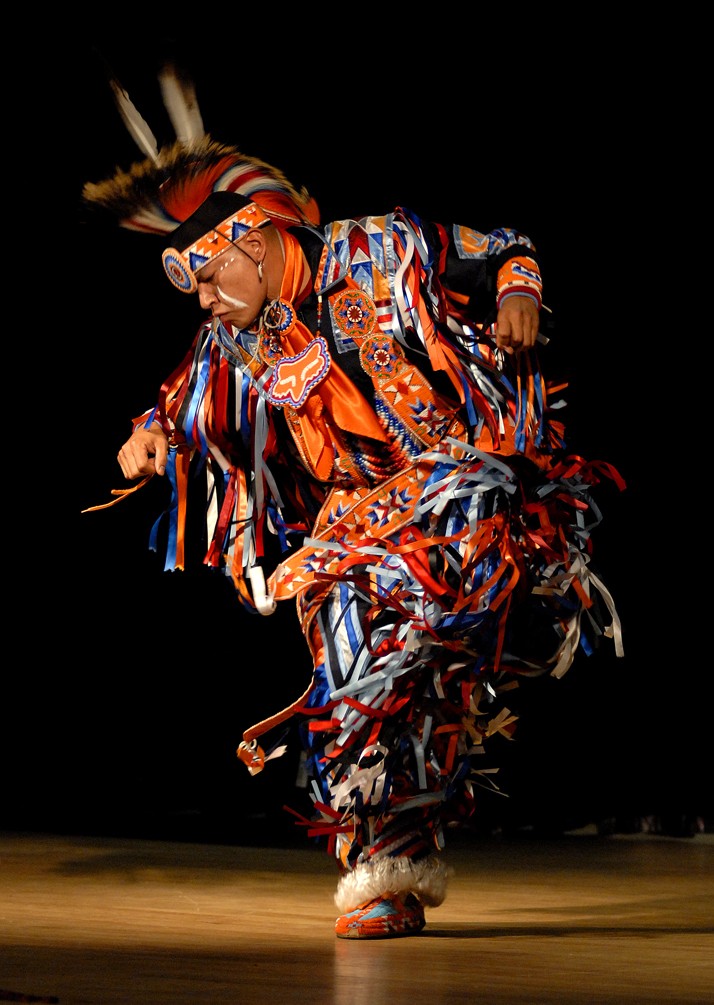
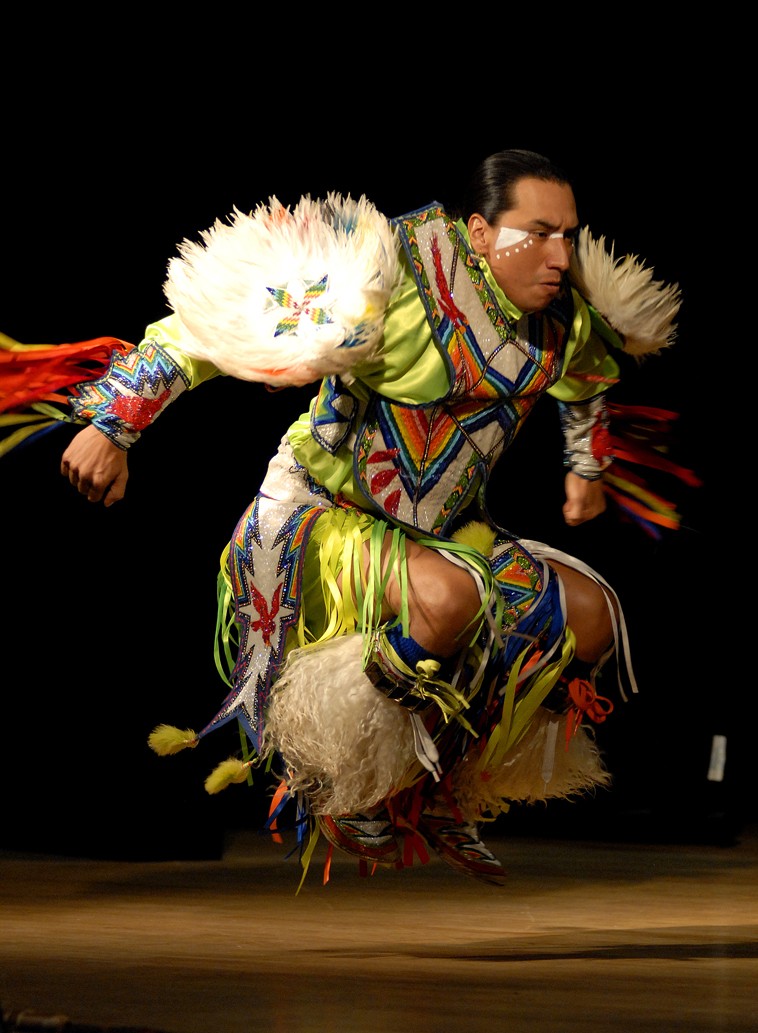
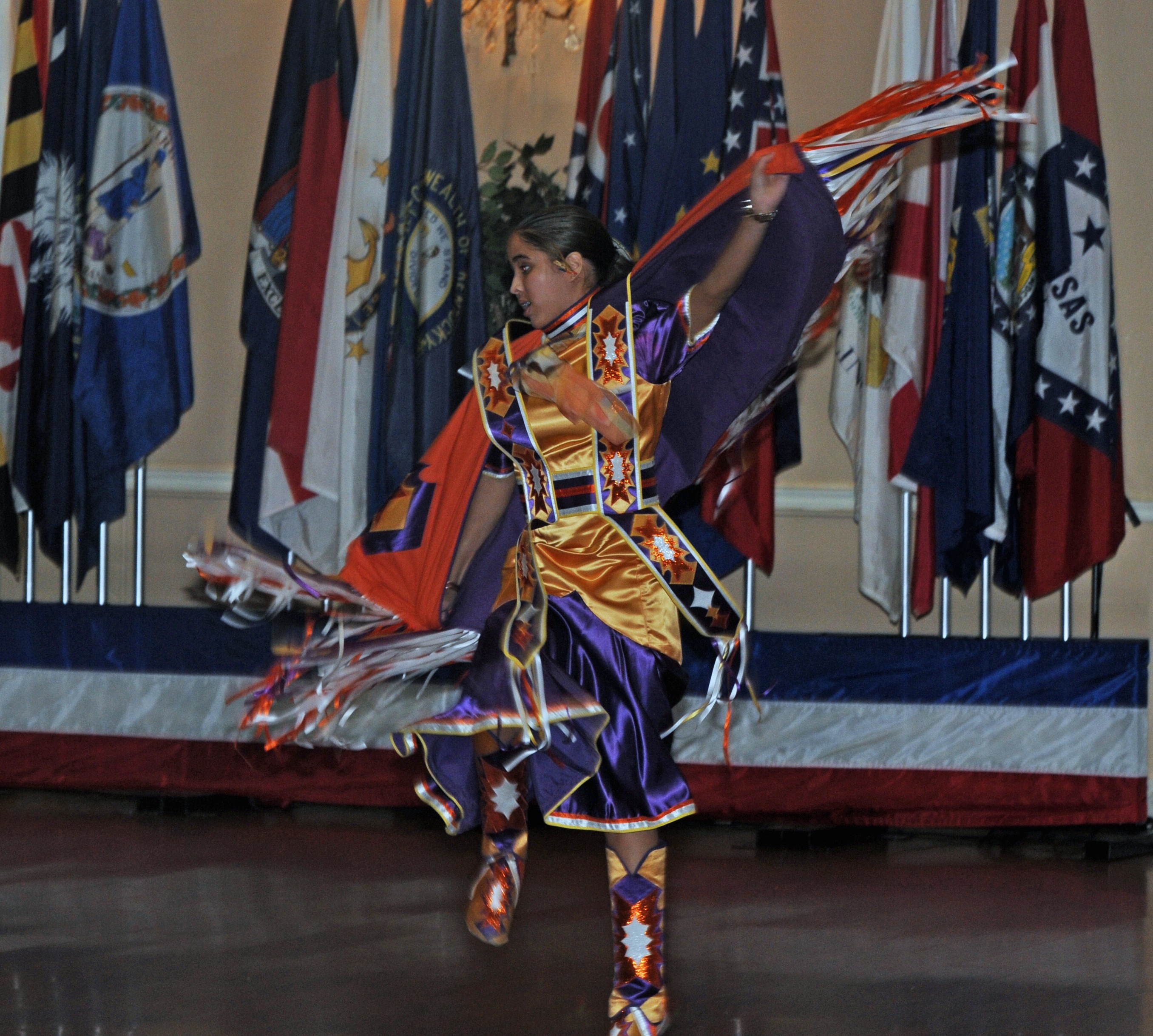
Social Sharing